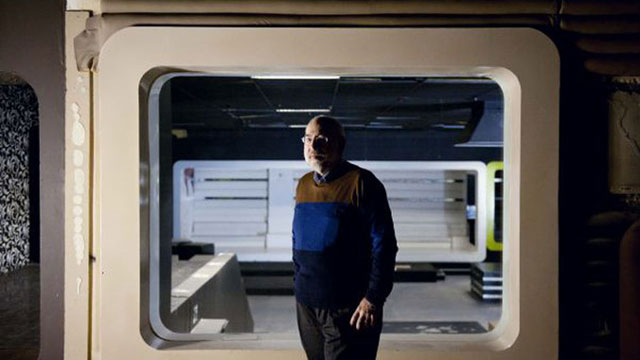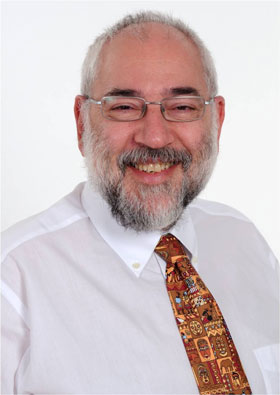
Tshimologong Precinct may not ring any bells for most people, but if Barry Dwolatzky has his way, anyone in South Africa’s technology sector will know it as Johannesburg’s innovation hub and the shining light in Braamfontein within the year.
With big companies, start-ups, and even government clamouring to get involved, Dwolatzky’s wish may come true.
Dwolatzky heads the Joburg Centre for Software Engineering (JCSE), the body championing the hub and one of the organisations that are set to be the first occupants of its premises.
Located on Juta Street, the hub consists of five adjacent properties that were purchased by Wits University, itself only a few blocks further north. The buildings include a former nightclub, a warehouse and office and retail space, all of which will be put to new uses.
For the most part, the buildings are rundown — gutted of plumbing, in need of an electrical overhaul, and longing for a paint job — but they’re in the heart of an area that’s rapidly seeing its fortunes turn as developers refurbish the commercial and residential spaces and new restaurants, coffee shops and galleries spring up.
“Part of my mission is to get Wits to jump the fence,” Dwolatzky says. “It’s still very much a campus university, but it’s got aspirations to be an inner-city university.” To make this happen, Dwolatzky is eager to “migrate” elements of the university to Braamfontein.
Interest from outside parties has been excellent, he adds. “Every person I’ve brought here has bought into it, including government — local, national and provincial — various geeks and nerds, my colleagues at Wits and the University of Johannesburg, corporations… People see the possibility. But I’m tired of speaking about it; it’s ready to go.”
Arguably the most important thing for any technology hub is fast Internet connectivity, and Dwolatzky says he has this front covered. “For this to work, we don’t need ‘good’ connectivity, we need ‘stunning’ connectivity.”

The hub has already secured a spur from BWired’s fibre-optic network, and Wits owns the Campus Lodge next door that connects to the university backbone.
Talks are also in progress with other potential connectivity providers for the sake of redundancy.
Government has also expressed interest. “It really fits into the mayor’s strategy of having development corridors, or ‘corridors of freedom’ through the city. The hub will be on one of the corridors.”
Of course, the proposed hub isn’t the only one in the vicinity, with the Praekelt Foundation having opened Jozi Hub at the 44 Stanley complex earlier this year. “Jozi Hub might have set up here if it had been ready,” Dwolatzky says. “It was a question of timing. They were ready and we weren’t.”
He says the Braamfontein hub has no ambition of being exclusive. In fact, openness is one of its defining traits. “It’s not about us or them, but us and them, and whoever else comes along down the line.”
Though the buildings have been paid for by Wits and sponsors are lining up to support projects once the hub is fully functional, Dwolatzky says the buildings need work. The building that was in the best shape has been renovated and will house the first tenants, which are expected to move in next week.
One of the first tenants will be Microsoft’s Windows 8 App Factory, a skills and development initiative formerly housed at the software company’s office in Sandton.
In addition to co-working, meeting and event spaces, the hub will also be home to range of skills development and enterprise development programmes, training rooms, computer labs, short courses, and even a “high-maturity software development unit” for honing developers’ skills. Eventually, Dwolatzky hopes that businesses started in the hub will go on to rent office space in the area.
Another potential target for the hub are the “hundreds of techies” working for at nearby banks. He says the hub will run a banking software skills academy aimed at training people for the banking sector and at enticing those in it to come and explore the hub.
“The idea is that there’ll be so much going on that anyone in the technology sector will have reason to visit once a month,” he says. “They might come to a talk and then find out about co-working or other things that might interest them.” — (c) 2013 NewsCentral Media
- See also: Jozi’s tech revolution goes to town




